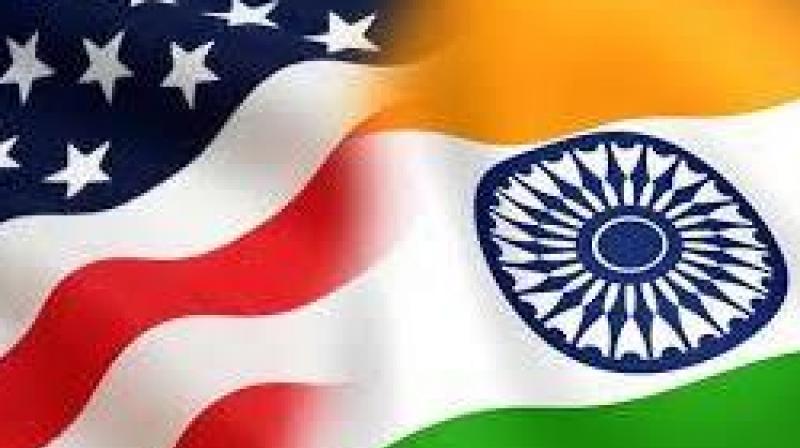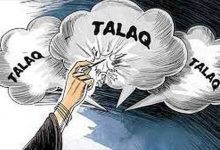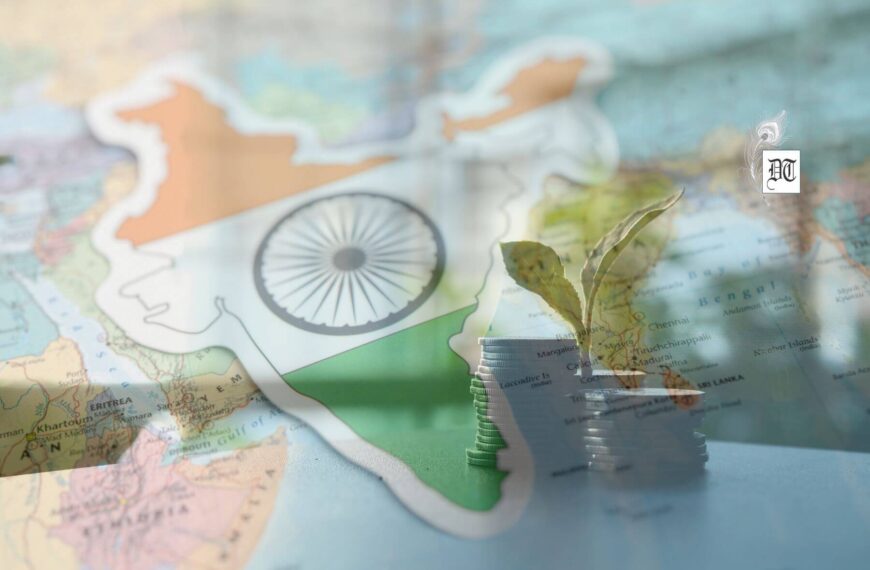India-US trade has been growing and has crossed $100 billion mark in 2017 and India’s defence purchases too are increasing. But as part of the trade war, US has recently imposed 100 percent tariff on steel and aluminum to hurt particularly China, Canada, Europe and Mexico. India needs to exercise caution. An analysis, for Different Truths.
India-US relations have always had a roller-coaster ride despite being two largest democracies in the world. This has become more pronounced after US President Donald Trump took over because of his mercurial nature.
The postponement of what has come to be known as “2+2” dialogue that would have brought together the foreign and defence ministers of India and the United States is no surprise. The meeting scheduled for July 6 in Washington has been postponed at the behest of US due to other pressing global developments. The unilateral US sanctions on Iran over nuclear issue and the consequent impact on import of Iranian oil by India are said to be behind the decision.
Iran is India’s third-largest oil supplier after Iraq and Saudi Arabia. Iran supplied 18.4 million tonnes of crude oil between April 2017 and January 2018. India also had traditionally good relations with Iran as there were several shared interests in the region.
There is also another view that the postponement is because of genuine scheduling problems, with US secretary of State Mike Pompeo actually having to go to North Korea to salvage the Trump-Kim engagement, which seems to be on the verge of collapse. US has indicated to India that they will rework the dates for 2+2 dialogue and the meeting could take place in New Delhi later this year and hence too much should not be read into the postponement of the dialogue.
Be that as it may, India shares an interesting relationship with United States. It can never be that New Delhi couldn’t care less for Washington. At the same time US too can no longer bulldoze its way as India is now an important partner for geo-political considerations and more so after the US-China trade war. India too cannot ignore the growing bilateral relationship, particularly economic, with China and the age-old friendly relationship with Iran.
So diplomatically it is going to be tight-rope-walk for both India and United States and there will certainly be nudges and pushes from Washington and New Delhi will have to carefully ward it off without treading on the toes.
Analysts argue that though there will be a delicate balancing act on both sides as the reality is that the India-US relations have now matured enough that the underlying structural and institutional variables will propel bilateral relationship in a positive direction though the road ahead might be bumpy.
Though there are thorny issues and commentaries lately, like ‘deepening disconnect”, India-US relationship reaching an inflection point and so on, are unwarranted and this is likely to worsen the situation, especially as there appears to be some genuine attempt to resurrect the dialogue.
Of course, President Trump is known for his antics, the hyper ventilations of the postponement of the dialogue appear to be an exercise in vanity. This is because of the fact India has had continuous dialogue with the United States even since the Modi government came to power and for that matter during Manmohan Singh regime as well, barring a few hiccups. The bilateral dialogues are happening in all areas of cooperation, be it strategic, defence, economic, political, agricultural, scientific, education and so on.
Certainly under Barrack Obama regime, the ‘hesitation of history” between the two countries was overcome, but Trump’s South Asia strategy has certainly taken India’s concerns on board, besides providing New Delhi a greater role on Indo-Pacific issue.
Yes, there is a problem now; the United States has asked all countries including India to reduce oil imports from Iran and bring it to zero level by November 4 this year. There is enough time to deal with the issue. India has already increased its import of oil from the United States. There is also a possibility for India to negotiate an agreement to provide exceptions to New Delhi so that the Iranian oil could continue to flow, some through barter trade and some by routing payments through third country or Euro as was done in the past when there were UN sanctions on Iran over nuclear weapons.
So far the Trump administration has been unrelenting on Iran and one allegation is that “2+2” dialogue was postponed because India wanted to use the opportunity to discuss possible relaxation for New Delhi to allow oil imports from Tehran.
India, which is close to finalising a multi-billion dollar purchase of S400 surface-to-air missile system from Russia, is yet another source of worry in the bilateral relationship with United States. The US law ‘Countering America’s Adversaries Through Sanctions Act’ (CAATSA) has been threatened to be invoked against New Delhi if it went ahead with the purchase. India has very strong defence ties with Russia and Indian armed forces largely depended on Russian supplies. So India cannot afford to strain its relationship.
India-US trade has been growing and has crossed $100 billion mark in 2017 and India’s defence purchases too are increasing. But as part of the trade war, US has recently imposed 100 percent tariff on steel and aluminum to hurt particularly China, Canada, Europe and Mexico.
India too was affected in a small way in steel and aluminum exports to US and imposed retaliatory tariff on 29 US products worth $235 million. But US-China trade war might not be a major source of worry for New Delhi as India’s share in world trade is a mere 2 per cent. However it the trade war gets prolonged then there is a possibility of sharp decline in global trade leading to global recession. That would not be a positive development for the Indian economy.
So there are issues and United States seems to be challenging the entire world. India is a small player in all these. Specifically on India-US relations there are some small issues and India needs to be cautious. But they are not insurmountable at this juncture and perhaps they could be tackled better with a little patience.
K R Sudhaman
©IPA Service
Photo from the Internet





 By
By

 By
By
 By
By